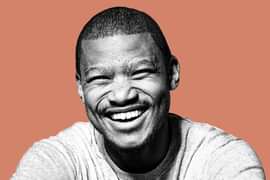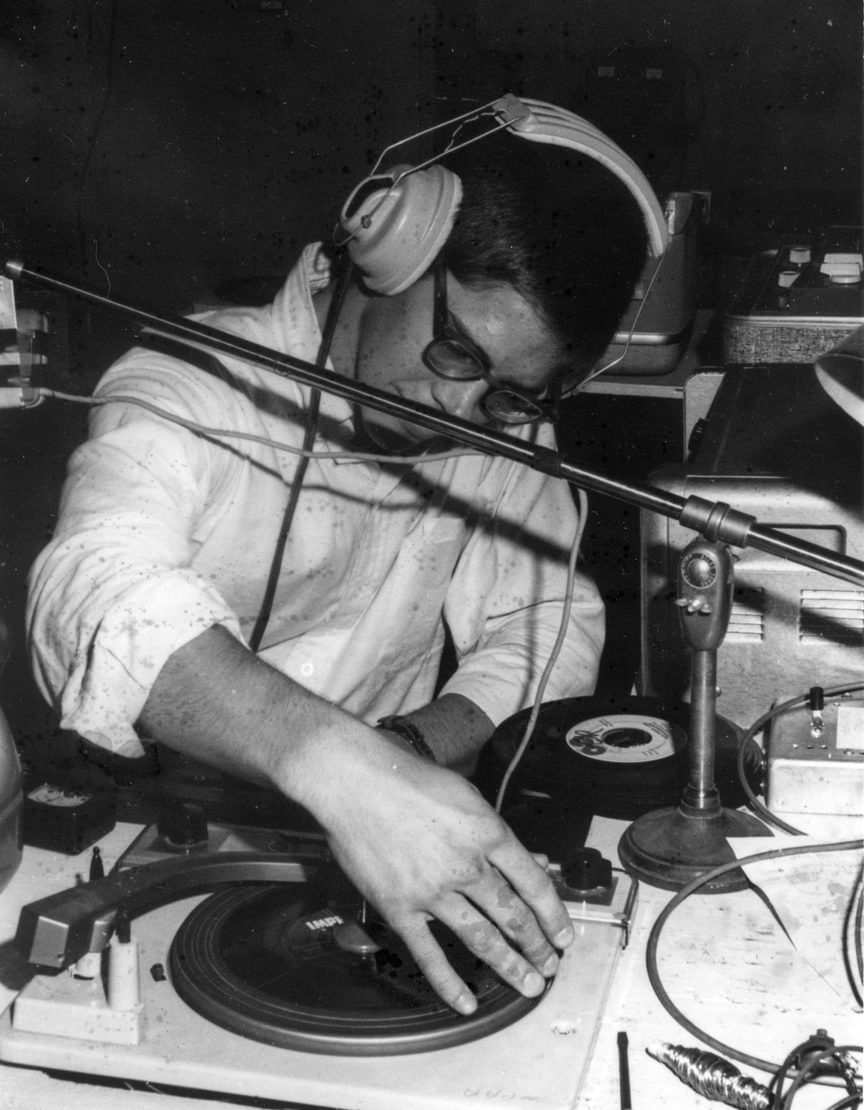
April 06, 2022
Radio days
Alumni share fond memories of campus radio station WPAAWPAA Taught Me a Lot
I arrived on the Andover campus in September of 1970, entering lower year. Within hours of my arrival, even before I had unpacked my trunk, I was walking by Foxcroft and one of the suites on the street level was full of hippies playing loud music. One of them invited me in, along with uppers Joe Christy ’72 and Mathew MacIver '72, and I was accepted.
I learned that day that Mathew was the chief engineer of WPAA.
“What is WPAA?”
“It’s the school radio station.”
“The school has a radio station?”
Mathew told me the story of Robert Sarnoff ’35 [former president of NBC Entertainment Corp.] funding the radio station and wrangling some of his Hollywood colleagues to do a promo for the launch, led by a somewhat cheesy version of Frank Sinatra’s “My Kinda Town”—“My Kinda School (Andover is).”
A few weeks later, Mat informed me that a DJ slot was opening up, 6:30 to 8 on Wednesday morning. Did I want it?
I accepted that offer and, for the rest of the year, I spent an hour meticulously mapping out 90 minutes of rock and roll, stacking my LPs in proper order, and lugging them to Evans Hall, first detouring to hammer on Mat’s bedroom window to wake him up.
One exceptionally fine spring morning, we opened the studio on time, played the national anthem, put on a full side of Electric Ladyland, and headed up to the roof of Evans to enjoy the sunrise, enhanced by the monitor speaker that Mat had installed. We listened to Hendrix and enjoyed ourselves so much that we soon were distracted by the click-click-click of the turntable needle at the end of the side.
By the time I was a senior, I had a prime-time DJ slot at night and had learned how to engineer my own show. And so I was, one night, in the middle of trying to engineer the precise transition from “Rainy Day Dream Away” to “Still Raining, Still Dreaming” when some underclassman whose show followed came in and carelessly knocked the needle off the record just before the transition. On the air.
I went “Vesuvial” on the young man, who had a genuine fear in his eyes that I remember to this day.
I am disappointed to learn the radio station is no longer of interest to students. It was a source of great interest and pride to me, taught me responsibility and organization, and I have remembered something about those experiences on a regular basis for many years.
—Pete Morin ’73
Read more about the life of Robert Sarnoff ’35 and his family’s broadcasting legacy.
Putting the Kids in Charge
I was at Phillips Academy for three years. Virtually all of my free time not spent on frolics and detours was spent in the basement of Evans Hall at WPAA-FM. I served as programming director in 1971-72 and president in 1972-73.
Here was an activity with virtually no adult supervision that required skill and responsibility—and it worked (for the most part). Students teaching other students how to DJ music shows, edit tape (anyone remember tape?), produce scripted programs, manage a budget, create and maintain a program schedule, address technical and personnel emergencies, abide by licensing requirements, even build a production studio from scratch.
I remember we debated the morality of accepting a programming grant from Raytheon, the defense contractor, in the time of the Vietnam War. Heady stuff for teenagers (although not as heady as the prospect of being drafted and sent to fight).
The main contact I recall with our faculty advisor occurred when disputes arose over issues like playing the raunchiest Frank Zappa music. (Anyone remember Billy The Mountain?) We were right next door to the Phillipian offices, so we got to know well not only our fellow radio heads, but also the guys on the paper.
—Geoffrey Aronow ’73
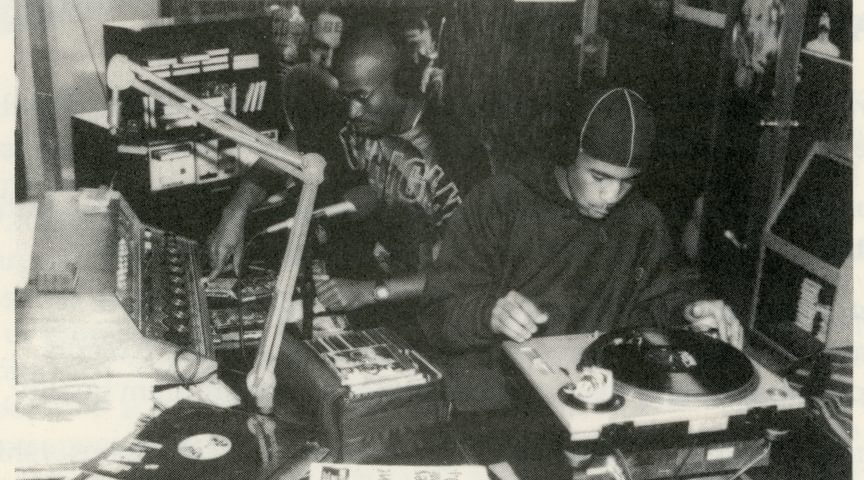
Radio Station Helped Launch Careers
WPAA was transformed in our upper year (1965) from a low power DYI to a state-of-the-art educational FM station, thanks to Robert Sarnoff ’35 of RCA/NBC. He gave his alma mater the studio equipment and transmitter (the latter was so new that RCA/NBC flew an engineer from Texas as it went through its maiden cruise).
Sarnoff also “encouraged” NBC stars to take part in the initial sign-on program. The one-hour reel-to-reel tape included alumnus Jack Lemmon ’43, of course, Sammy Davis, and Skitch Henderson and the Tonight Show orchestra with a version of “My Kinda Town” called “My Kind of School (Andover is).” Don Adams (Get Smart) was in it as well.
Pretty heady stuff for a bunch of supposedly cynical boarding school kids.
My roommate Alex Belida ’66 was the first to serve a full year as general manager. I was the program manager.
The programming our first year was all over the map, at the insistence of the faculty. Worried that rock ’n roll really was king, they insisted we program classical, jazz, Broadway show tunes, and talk fests. Charles “Spike” Tollman ’66 and I still found time for the “Golden Oldies Marathon” on Sunday afternoons, six hours of doo wop and pop that at that point was all of six to 15 years old.
Alex and I both ended up as broadcasters—he had a long and illustrious career as a correspondent and executive for Voice of America and I was a foreign correspondent for NBC News, NPR, and others.
The tipping point to that outcome may have been when I auditioned for the fall play. A young woman who was attending a local high school, and also auditioning (PA was all guys then) heard me speaking with someone and said, “Excuse me, are you Paul Miller?” I said yes and asked how she knew.
“I listen to you on WPAA,” she replied.
—Paul Miller ’66, P’03, ’05
Having Fun on the Airwaves
WPAA was great fun. I was the program director in 1974-75, and also the play-by-play hockey announcer. Our hockey broadcast position was on the roof of the locker rooms!
Now, this was in the early days of rock ’n roll FM radio, so there was some influence of the legendary WBCN-FM Boston and its DJ Charles Laquidara. The in-studio work was a bit calmer than the more frantic AM radio stations of the day.
—Steve Goldberg ’75
Read more alumni recollections of WPAA on Instagram and Facebook.
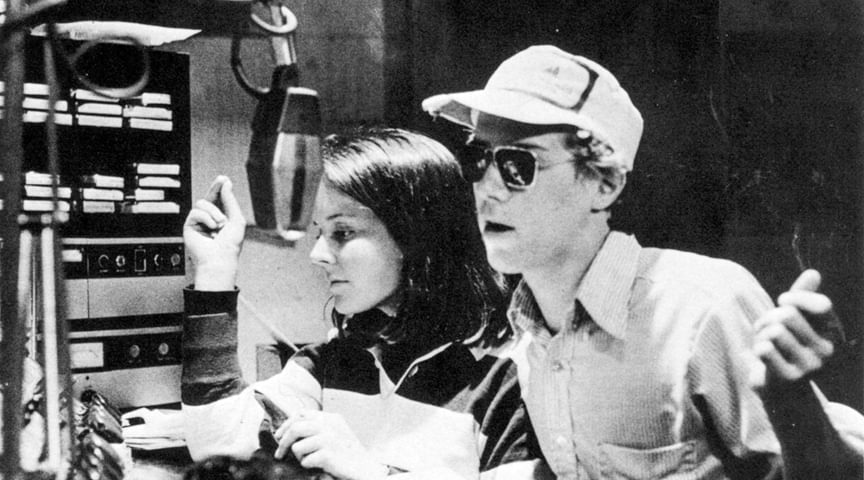
WPAA Was a Major Influence on Campus
I started at WPAA in 1967-68 in the engineering department when I was a junior and the station was still relatively new. I became the engineering director as an upper, and president as a senior.
I have many fond memories of WPAA—for example, when CBS News anchor Walter Cronkite came by while his child was touring the school, or showing up to the basement of Evans Hall at 6 a.m. to begin the broadcast day while the campus was still asleep, or building by hand additional recording studio space (“Studio C”) despite the staff having meager carpentry skills, or going to cover for a news program one of the huge Vietnam War moratorium rallies in Boston.
I believe WPAA had more students who were active participants than any other organization on campus at the time. WPAA’s importance was underscored by the fact that the only two seniors given front row center seats at school assemblies were the head of The Phillipian and the president of WPAA.
Since it was created with a very generous donation by alumnus Robert Sarnoff ’35 of RCA and NBC, WPAA had facilities and equipment that was quite sophisticated and surpassed those of many far larger commercial radio stations.
Each year we would replay a celebratory program featuring stars such as Bob Hope, Sammy Davis Jr. and alumnus Jack Lemmon ’43 congratulating the station on its startup in 1965.
—John Gillespie ’71
Categories: Magazine
Other Stories
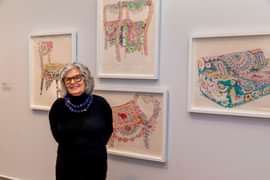
Two new art installations created by Jennifer Cecere ’69 will be installed on campus this spring.




